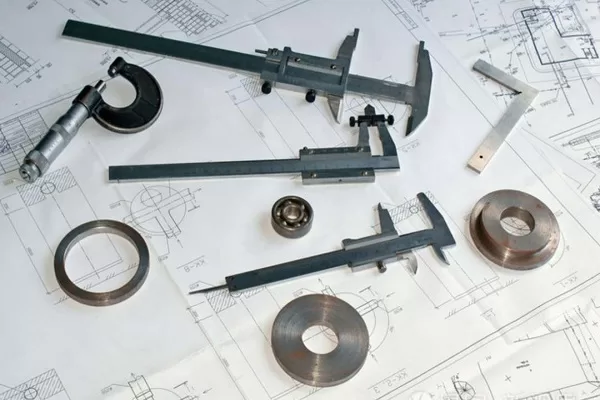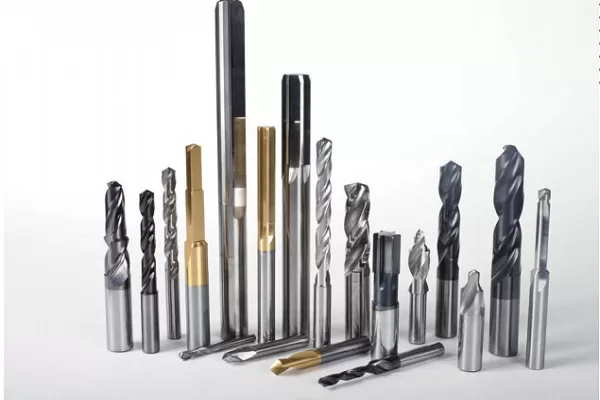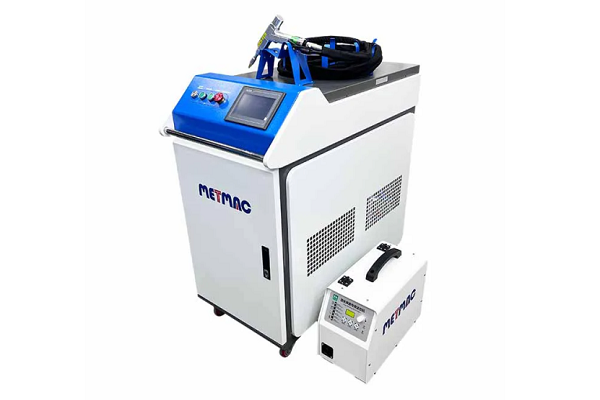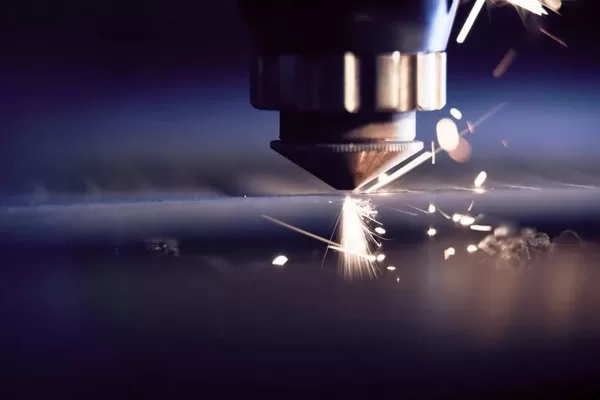
The Different Types of Steel Sheet Cutting Machines and Their Uses
- By:Metmac
- 2024-08-26
- 30
Steel sheet cutting machines are essential tools in various industries, from manufacturing to construction. These machines enable precise and efficient cutting of steel sheets into desired shapes and sizes. With advancements in technology, there are now several types of steel sheet cutting machines available, each with its own unique features and applications.
Laser Cutting Machines
Laser cutting machines use a high-powered laser beam to vaporize and cut through steel sheets. These machines are highly accurate and can produce intricate and complex cuts. Laser cutting is ideal for applications requiring high precision, such as in the production of electronic components, medical devices, and automotive parts.
Features:
– High precision and accuracy
– Can cut intricate and complex shapes
– Relatively fast cutting speed
Plasma Cutting Machines
Plasma cutting machines utilize ionized gas to create a plasma arc that melts and cuts through steel sheets. These machines offer high cutting speeds and are particularly suitable for thick steel sheets. Plasma cutting is commonly used in the shipbuilding, construction, and automotive industries.
Features:
– High cutting speeds
– Can cut through thick steel sheets
– Less precise than laser cutting
Waterjet Cutting Machines
Waterjet cutting machines employ a high-pressure stream of water mixed with abrasive particles to cut through steel sheets. These machines are capable of cutting a wide range of materials, including metals, stone, and plastics. Waterjet cutting is used in applications requiring minimal heat distortion and high precision, such as in the aerospace and medical industries.
Features:
– Can cut through a wide range of materials
– Minimal heat distortion
– High precision
Guillotine Shears
Guillotine shears use a heavy blade that moves up and down to cut steel sheets. These machines are simple to operate and provide a straight, clean cut. Guillotine shears are suitable for cutting straight lines and are commonly used in metal fabrication and construction industries.
Features:
– Simple to operate
– Straight, clean cuts
– Suitable for cutting straight lines
Nibblers
Nibblers are handheld machines that use a rapidly vibrating punch to cut through steel sheets. These machines are portable and can be used for cutting intricate shapes and curves. Nibblers are used in applications where high precision is not required, such as in sheet metal fabrication and roofing.
Features:
– Portable and handheld
– Can cut intricate shapes and curves
– Less precise than other cutting methods
Choosing the Right Machine
The type of steel sheet cutting machine that is suitable for a particular application depends on several factors, including the thickness and type of steel sheet, the required precision, and the shape and complexity of the cut. By understanding the different types of steel sheet cutting machines available and their respective features, users can make an informed decision to select the most appropriate machine for their specific needs.
-
The Advantages of Using a Sheet Roll Forming Machine in Manufacturing
2024/09/14 -
How to Optimize Your Laser Sheet Cutting Machine for Maximum Performance
2024/09/12 -
How to Maximize Efficiency with Modern Sheet Metal Working Machines
2024/09/04 -
The Environmental Benefits of Using Duct Board Grooving Machines
2024/09/03
-
Innovations in Steel Strip Slitting Machine Design and Technology
2024/05/11 -
Improving Accuracy in Metal Fabrication with Laser Metal Shear Machines
2024/05/11 -
Latest Technological Advancements in Rectangular Duct Machines
2024/05/11 -
Integrating Automation with Rectangular Duct Machines for Enhanced Productivity
2024/05/11
-
A Guide to the Latest Innovations in Sheet Metal Folding Machines
2024/11/29 -
Key Features to Consider When Investing in a Sheet Metal Folding Machine
2024/11/28 -
Enhancing Precision with Advanced Sheet Metal Folding Machines
2024/11/27 -
How to Choose the Right Sheet Metal Folding Machine for Your Workshop
2024/11/26



